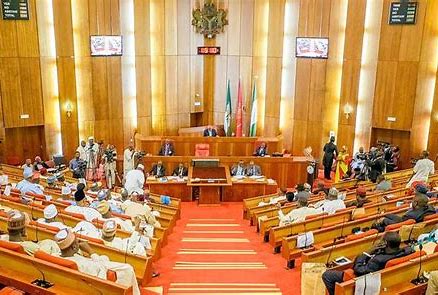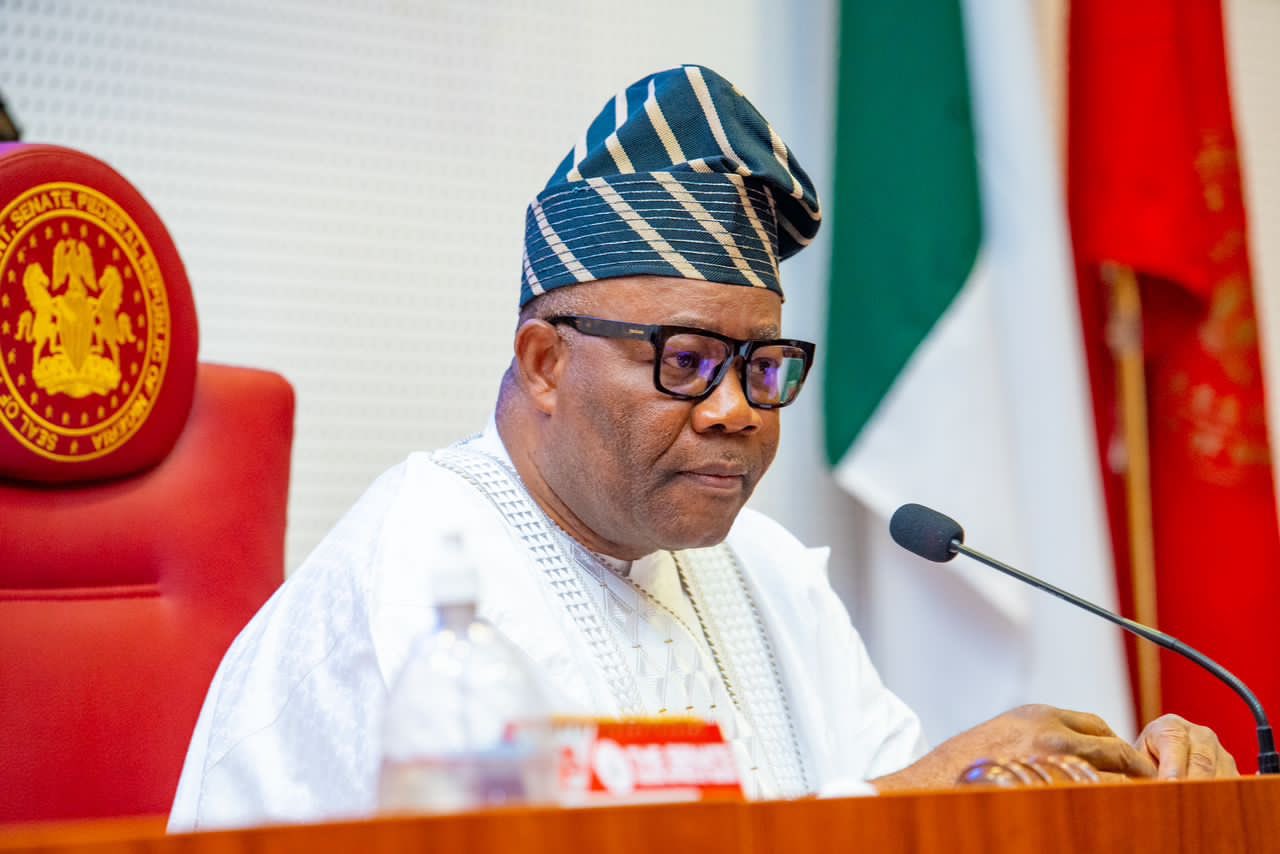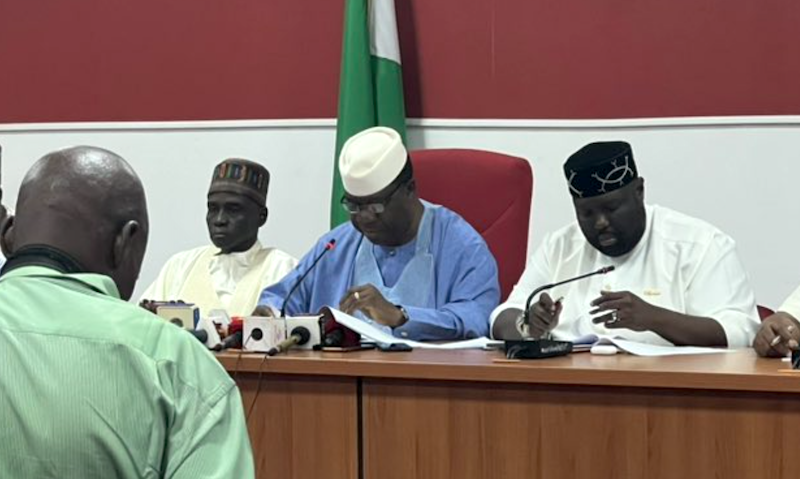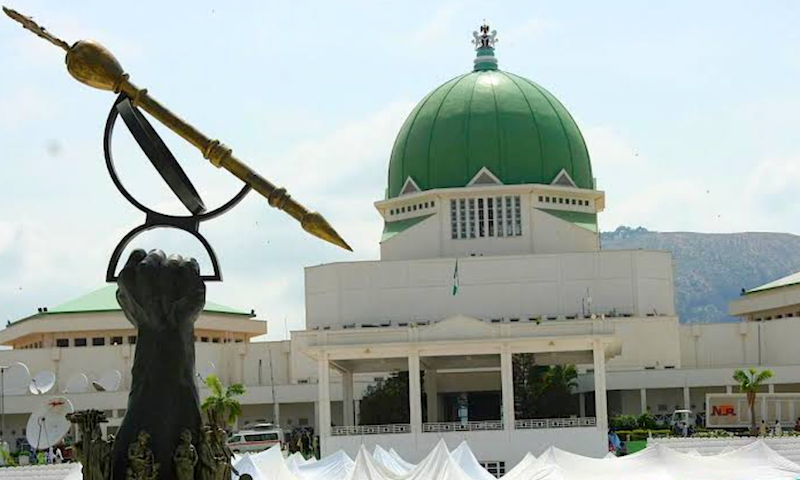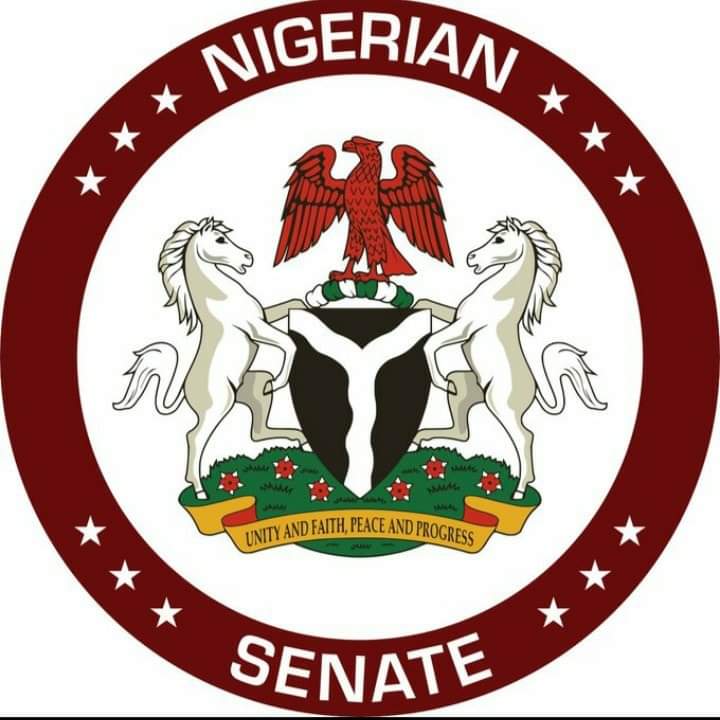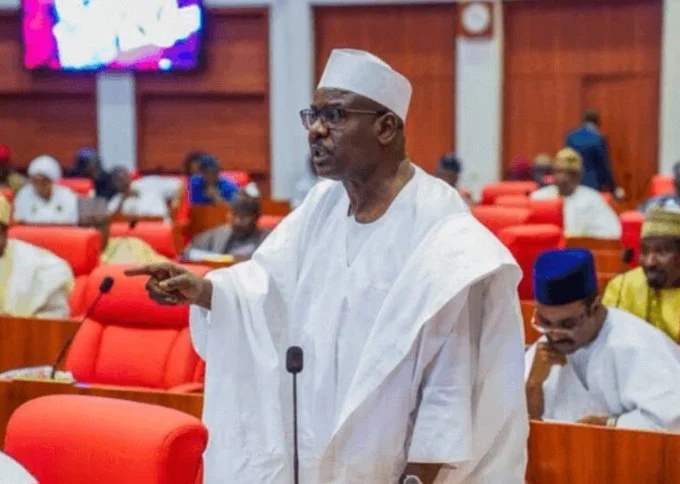Amid pervasive allegations of sabotage in the petroleum industry, the Senate has raised questions over $1.5 billion approved in 2021 for the turn-around maintenance of the Port Harcourt Refinery with little or no result.
Consequently, the upper chamber lamented that it was unfair and wrong to treat government businesses or public companies as an orphan while private businesses were flourishing and thriving.
The Leader of the Senate and Chairman, Senate Ad-hoc Committee to Investigate the Alleged Economic Sabotage in the Nigerian Petroleum Industry, Senator Opeyemi Bamidele raised the questions at a session with stakeholders in the industry at the National Assembly Complex, Abuja on Wednesday.
The session was attended by Minister of Finance and Coordinating Minister of the Economy, Mr. Wale Edun; Group Managing Director, Nigerian National Petroleum Corporation Limited (NNPCL), Malam Melee Kyari; Chief Executive, Nigerian Upstream Petroleum Regulatory Commission (NUPRC), Mr. Gbenga Komolafe and Chief Executive Office, Nigerian Midstream and Downstream Petroleum Regulatory Authority, Mr. Farouk Ahmed, among others.
The Federal Executive Council had approved the plan by the Ministry of Petroleum Resources to rehabilitate and turn around the Port Harcourt Refinery with a whopping sum of $1.5 billion under the administration of former President Muhammadu Buhari.
Despite the huge investment, the government-owned refinery is yet to function effectively, a situation that compelled the country to depend almost entirely on the importation of petroleum products.
At the session with stakeholders Wednesday, however, Bamidele expressed grave concerns about the dysfunctionality of the government-owned refineries despite billions of Dollars invested to carry out turn-around maintenance on the installation.
Bamidele observed that the federation “is undergoing a truly challenging period,” pointing out that the distribution and supply of refined petroleum products “has been irregular and problematic in the recent history of our fatherland.”
“The long queues at filling stations are obviously a testament to this challenge. A situation, whereby we now depend almost entirely on the importation of these products, even when we daily supply the global oil market no fewer than two percent of its crude oil requirements, is to say the least, highly worrisome.
“We also have at hand a grievous issue of national concern that directly borders on the importation of hazardous petroleum products and dumping of substandard diesel into the country.”
Under different administrations since 1999, Bamidele observed that the federal government “has invested billions of Dollars to maintain and turn around the state-owned refineries in Kaduna, Port Harcourt and Warri. But the refineries are not functioning.
“In 2021, specifically, the Federal Executive Council approved $1.5 billion for the turn-around maintenance of the Port Harcourt Refinery. Yet, this investment has not yielded significant returns.
“For us, in the Senate, we believe, it is unfair and unpatriotic to treat government businesses or public corporations as an orphan while private businesses are flourishing and thriving,” Bamidele pointed out at the interactive session.
To permanently nip these challenges in the bud, the chairman of the ad-hoc committee disclosed the plan of the Senate to jointly conduct investigation into diverse allegations of economic sabotage in the petroleum industry along with the House of Representatives.
Bamidele, equally, noted that there would be no room for grandstanding during the investigative hearing, promising that the committee would carry out its mandate fairly and impartially.
While insisting that nobody will be untouchable, Bamidele said the task of ridding the petroleum industry of malfeasance “is urgent and must be carried out in the spirit of nationalism and patriotism. We are ready to carry it out with all senses of honour and responsibility.
“We are also taking it seriously with a view to addressing fundamental issues that pose grave threats to our economic prosperity, fiscal stability and public health as a federation. In line with our mandate, we will definitely unravel factors and forces aiding sabotage in our petroleum industry.
“From our findings, we will craft a legislative framework that will entrench global best practices in the industry; open it up for more investments, especially in the midstream and downstream sectors and end vicious regimes of subterfuge in the petroleum industry.
“We are utterly committed to this mandate. We shall carry it out without fear or favour. We shall be equitable, fair and just to all parties with a view to promoting and protecting the strategic national interests of our fatherland,” Bamidele said.
He, therefore, promised that the National Assembly “is ready to carry out the investigative hearing with all senses of honor and responsibility,” citing impeccable professional backgrounds of the members of the committee.
Also, at the session, Kyari claimed that NNPCL “is loyal and faithful to the country,” saying its management vowed to protect the interest of Nigeria in the petroleum industry.
He observed that most problems in the petroleum industry “have nothing to do with NNPCL. We are faithful and loyal to the economic interest of this country. We are not criminals. We are not thieves. But we will protect our dignity and honour.
In his own remarks, Edun said the increase in the crude would stabilise the country’s foreign exchange market while expressing confidence in the leadership of the ad-hoc committee to conduct an unbiased and impartial investigation.
